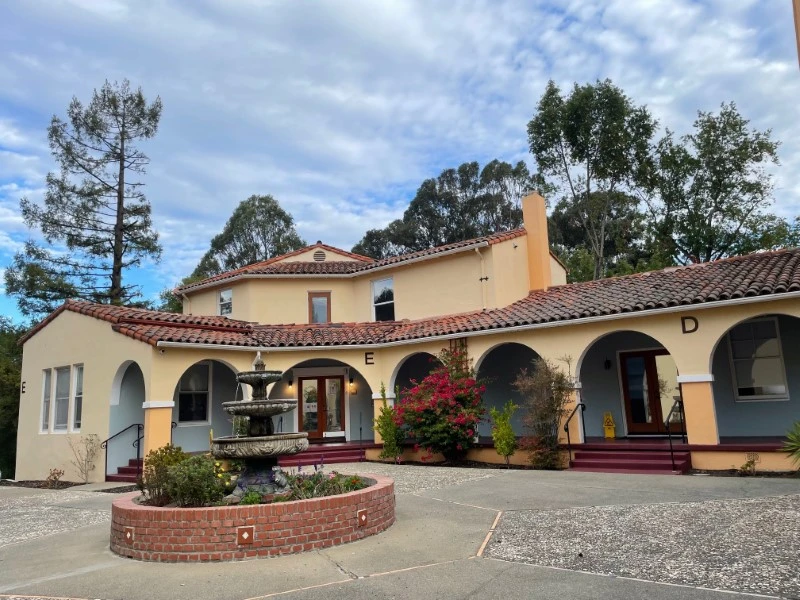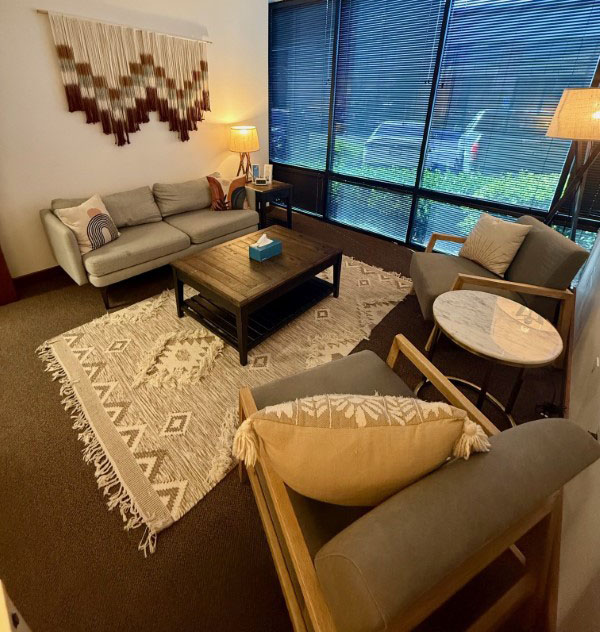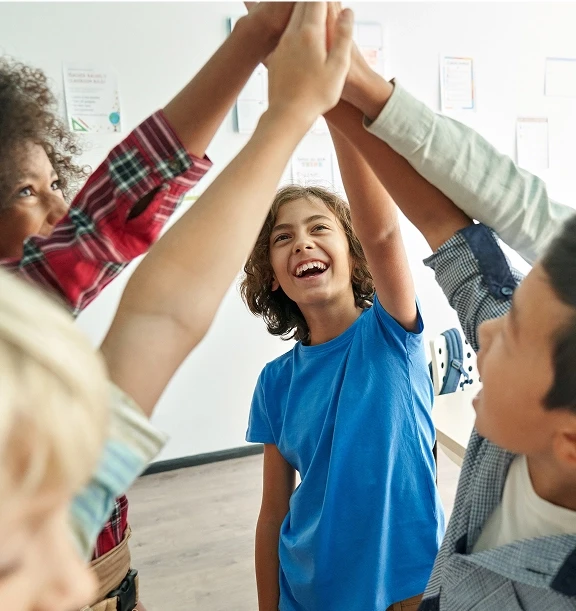
At each STEP (Skills Transitions Exploration Progress) location, youth participate in several therapeutic groups that cover mental health-related topics. Programming runs from 8:30 AM to 2 PM daily.
Daily Therapeutic Groups
Check-in/ Check-out
At STEP, days start and end with a group, during which youth:
- Rate their emotional state on a scale.
- Identify program goals.
- Reflect on progress towards those goals throughout the day.
- Plan for how to apply skills at home and in school.
Engage in ice-breaker questions in order to build rapport and connection with the other youth in the group.
The purpose of this group is to support youth with increasing their self-awareness as to how they’re feeling, what may be contributing to their mood and wellbeing, practicing how to communicate their feelings, and applying learned coping strategies to improve their mood.


